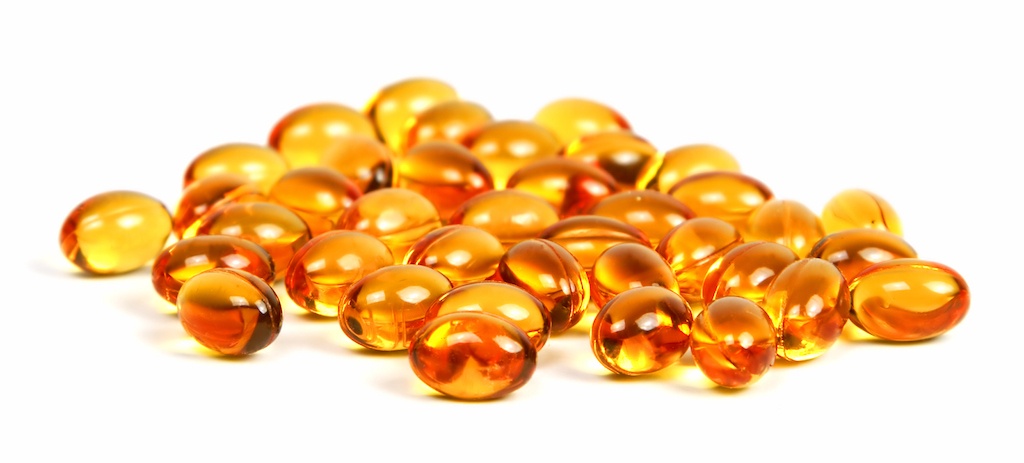Feeling more tired than usual lately? Or are you experiencing unexplained aches and pains? It may be a lack of vitamin D.
Vitamin D is a vitamin your body absorbs primarily through exposure to sunlight on bare skin, but it can also be found in some foods and vitamin D supplements. It helps your body absorb calcium, which is why a lack of vitamin D can lead to brittle bones and aches and pains in both children and adults. Vitamin D deficiencies have also been linked to other conditions like high blood pressure and the “winter blues.”
“Vitamin D is critically important to alleviating depression and maintaining healthy bones,” said Dr. Carlos Cardenas, an obstetrician-gynecologist with the Institute for Women’s Health, San Antonio. “Unfortunately, many people don’t get the amount they need.”
People at a greater risk of vitamin D deficiencies are those who spend a good deal of time indoors and those with darker skin, as their skin pigment blocks the absorption of vitamin D. People who are overweight or obese are also at a higher risk for deficiencies, as vitamin D is fat-soluble, which means more is needed for those with higher body weights.
“Vitamin D is critically important to alleviating depression and maintaining healthy bones” -Dr. Carlos Cardenas, obstetrician-gynecologist with the Institute for Women’s Health in San Antonio
Being in the sun is the easiest way to get your daily dose of vitamin D, but even here in sunny Texas, it can be difficult. Skin protected by clothes during the winter months won’t absorb vitamin D, and neither will skin protected by sunscreen. If you’ve been experiencing unexplained aches and pains, or feeling more tired than usual lately, a simple test can determine if you need to boost your levels.
“Testing for vitamin D deficiencies is done by a blood test, which an OBGYN can order,” Dr. Cardenas said. “Blood tests are the only way to measure the amount of vitamin D in a person’s body. From that point, a treatment course is recommended, whether it’s supplements or increased daily exposure to sunlight.”
Dr. Cardenas emphasizes the importance of a patient talking to their physician about symptoms they’ve been experiencing. “We can only treat the symptoms we’re aware of,” he says. “If a patient doesn’t talk to us about their symptoms, vitamin D deficiencies can be more difficult to identify.”
Nursing mothers should also talk to their OBGYN about taking a vitamin D supplement to support the growth of their baby’s healthy bones.
“Mothers who are exclusively breast-feeding their infants should be taking a vitamin D supplement so it passes on to their baby,” Dr. Cardenas advised. “Otherwise, the baby is more likely to be vitamin D deficient.”
“If a patient doesn’t talk to us about their symptoms, vitamin D deficiencies can be more difficult to identify” –Dr. Carlos Cardenas, obstetrician-gynecologist with the Institute for Women’s Health in San Antonio
While it’s always important to protect your skin from the sun, getting outside a few times a week for a walk or a bike ride may help to naturally increase your body’s levels of vitamin D.
“Take advantage of the beautiful weather in Texas, even during the winter season,” Dr. Cardenas urged. “It’s more beneficial than you think!”
Carlos Cardenas, M.D., is an obstetrician-gynecologist with the Institute for Women’s Health, San Antonio. To schedule an appointment with Dr. Cardenas call 210.226.9705. For more information visit www.ifwh.org.







Recent Comments